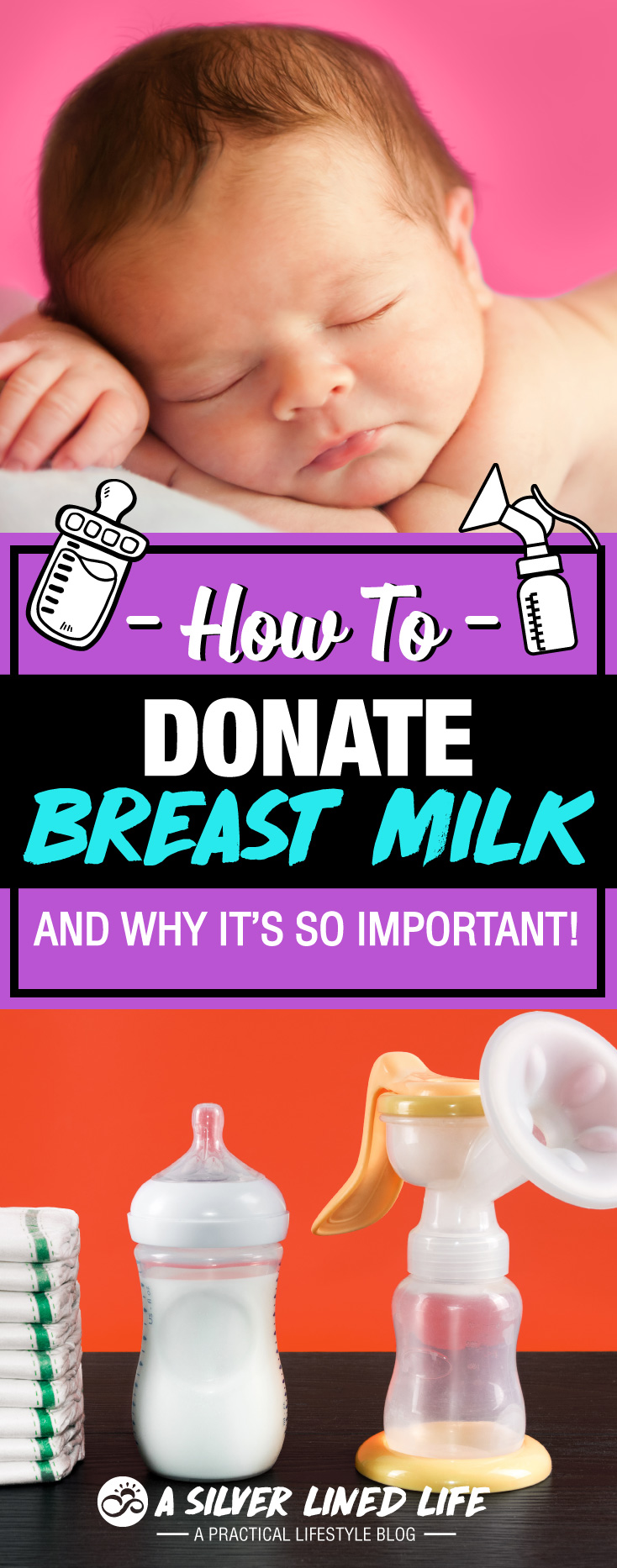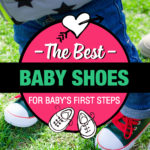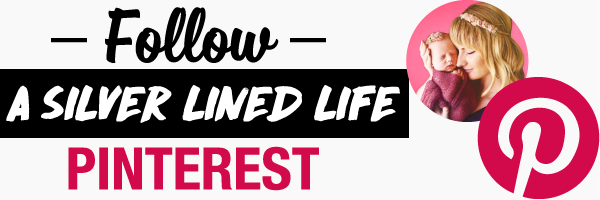 How to sell breast milk? How to store breast milk properly? Should I donate my breast milk? Why do mothers donate their milk instead of selling? I had so many questions!
How to sell breast milk? How to store breast milk properly? Should I donate my breast milk? Why do mothers donate their milk instead of selling? I had so many questions!
Our freezer was so jam packed with frozen milk bags that we shied away from the frozen isle at the grocery store. This may sound like a wonderful problem to have! It came at a cost. An in-home lactation specialist visited me earlier this year and we went through my options. I was having major supply issues and this was more vitally concerning because our baby was so small. The biggest solution was to pump, pump, pump. After a month of hard work, the concern was over and consequently, that freezer filled up!
At a community baby fair in Denver, I saw that there would be a milk bank present. So, we packed little Mae up and headed to the fair. It was time to answer all the questions I had about responsibly emptying the freezer full of breast milk we had.
At the Mother’s Milk Bank tent, I explained my situation and questions. The lady up front did her best Vanna White impression and presented me with Laraine Borman, Director of Outreach for Mother’s Milk Bank. “You need, Laraine,” she said, smiling.
Laraine answered all of my questions and I learned why donating was so vitally important! I felt like her answers were so important for all mommies to know that I asked to interview her and spread the word on SLL.
HOW TO DONATE BREAST MILK AND WHY IT IS SO IMPORTANT!
1. Can you tell me a little bit about your position as Director of Outreach and what you do?
My job at MMB as Director of Outreach is to spread the word in the community at large and especially the medical community about donor human milk. We do this through opening new DOCs and making sure healthcare professionals, potential donors and everyone knows that they can be a part of this mission we have to make the miracle that is human milk available to all babies who need it.
2. How did you come to start working for Mother’s Milk Bank (MMB) and why is donating important?
I attended a La Leche League conference in 1984 soon after the MMB opened and MMB had an exhibit table asking for volunteers. I signed up and started volunteering in the fall of that year. I liked the concept of donating milk and my youngest son was almost 2 years old so I could not donate milk. I knew I wanted to help. Donating to a nonprofit milk bank is important because a donor’s milk can save lives! An ounce of milk can feed a micro preemie for a day and prevent devastating infections which could kill that baby. Human milk is powerful!
3. What should a mother know about donating if she starts finding herself with excess breastmilk? What are the qualifications to donate?
A mother with extra milk can easily become a milk donor. There is a telephone conversation, a bit of paperwork and a free blood test. Basically a mom needs to be in good health, a nonsmoker and be taking only approved medications. Individual arrangements are made to get the milk from the donor and transport to MMB. We are looking for moms who might be able to donate a minimum of around 150 ounces of milk during the whole time she is lactating up until her baby turns 1 year old. We do accept previously collected milk if certain conditions are met.
4. Does a mother need to do anything special to store the milk before donating it (eating, drinking, storing)? Do you have any preferences/recommendations for certain bags or pumps?
While we have a limit on alcohol and caffeine consumption, most donor moms who are feeding their own baby do not need to change their lifestyle in terms of eating or drinking. Milk needs to be collected in new containers made for human milk storage. Any breast pump that works for the donor, works for the MMB.
5. Why donate to MMB?
“MMB does not compensate women for their milk. It is all lovingly donated. This allows for safe, contaminant-free nourishment for babies and minimal processing fees for hospitals.” Can you share more about MMB’s position for donated milk and why it is best?
Our philosophy on milk donation is that it is the safest choice. Human milk, like blood, tissue and organs, should be out of the marketplace. Mothers who are compensated may not have pure motivations and may be tempted to adulterate the milk in order to receive more compensation.
6. When a mother decides to donate, who does she contact? What does the approval process look like?
Potential donors can go to our website: www.milkbankcolorado.org and fill out an initial screening form or call our main number: 303 869-1888. If the interview goes well, she is sent a link for a secure medical history form and then the lactation consultant at the MMB will let her know where to have her blood drawn and how to get them milk to MMB.
7. Once approved, what’s next? How does an approved donor transport their donation?
Local moms can always drop off their milk at MMB but for many, they will utilize one of our milk Donation in Outreach Centers located in CO and several other states. If there is not a DOC where they live, we can send a special insulated box with FedEx label for shipping it directly. Convenience of the donor is most important.
8. After the milk is donated, is there a sanitation process? What happens between donating and the milk being given out to families?
When milk comes to MMB, it is logged using a bar coding system for tracking. Once all paperwork and blood tests are done, milk is thawed, tested for drugs of abuse, pooled with other mother’s milk to even out the fat content, poured into bottles and pasteurized to kill viruses and bacteria if there is any in the milk. Milk is checked for bacteria and analyzed for major nutrients, labeled. Pasteurization is a gentle, research based process that preserves most of all the wonderful properties of milk.
9. What babies/families receive MMB’s milk?
Most milk goes to neonatal intensive care units in hospitals across the country for preterm and sick babies when mom’s own milk is not available temporarily. Newborns can also receive milk in those first few days of life when mom may have had a difficult delivery or other complications and there is a delay in her lactation and she has a baby that needs to be fed.
10. Anything else you would like to add for potential donors?
Milk doors can have a large impact on a baby’s life!
A final note
Donating is the most responsible form of excess breast milk supply removal. MMB consistently provides more milk to NICUs than any other nonprofit milk bank in North America and it also adheres to the strict guidelines of the Human Milk Banking Association of North America (HMBANA). (Mother’s Milk Bank)
MMB has donation centers all across America: http://rmchildren.org/mothers-
Donate today at : http://rmchildren.org/mothers-



